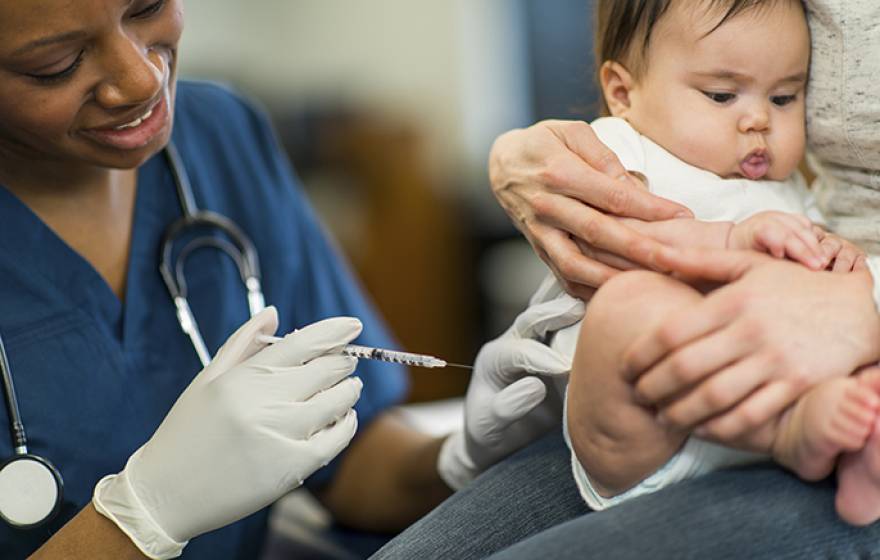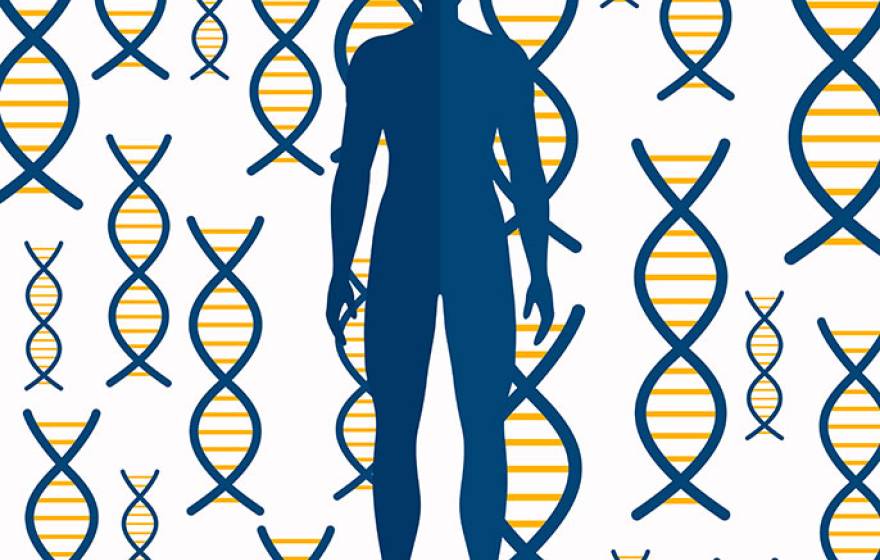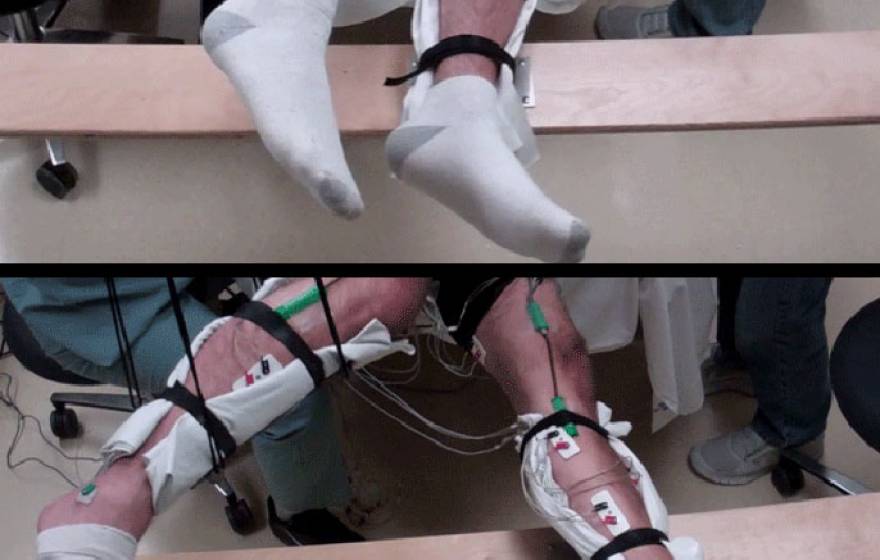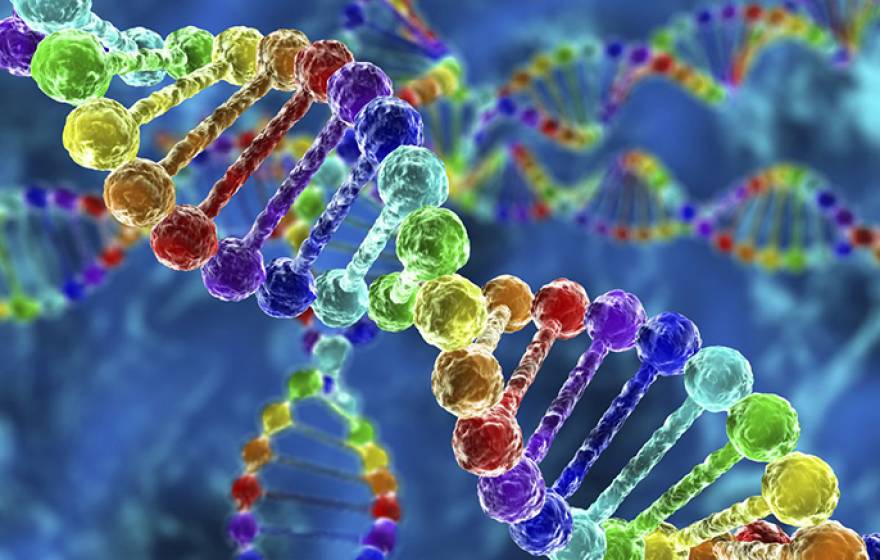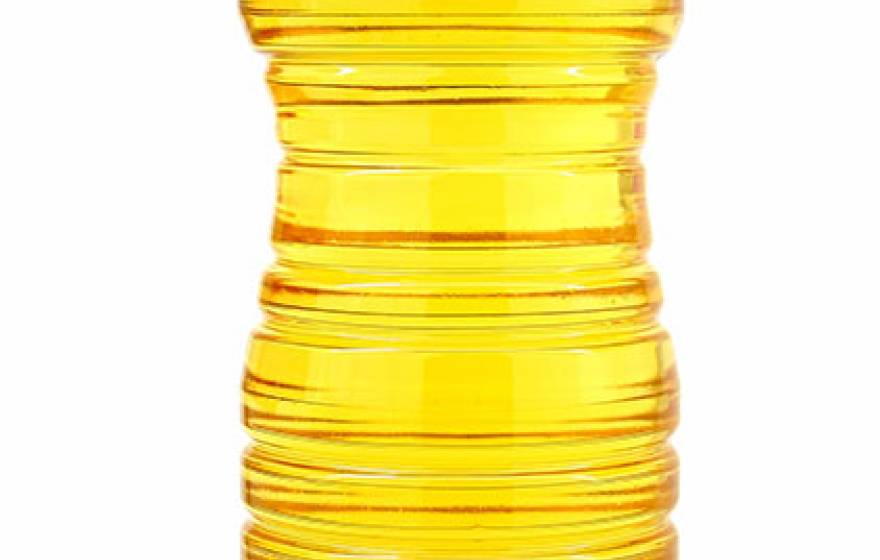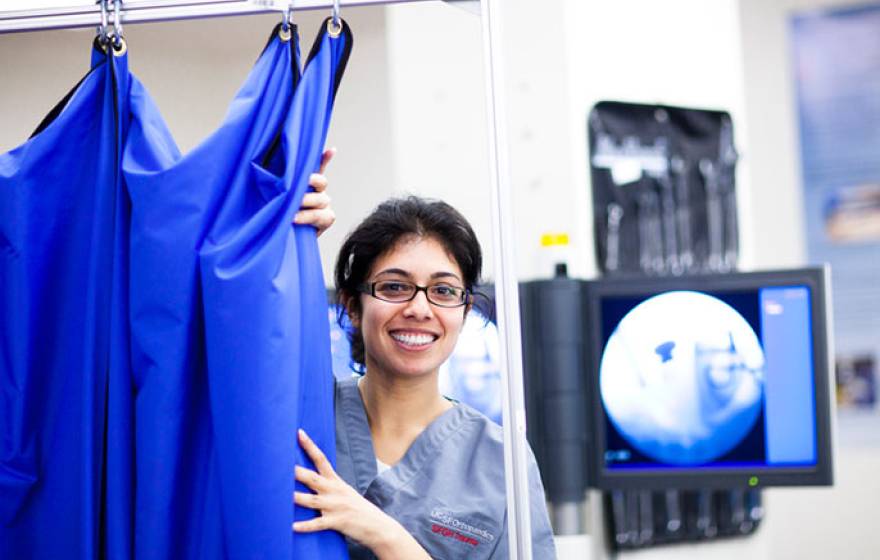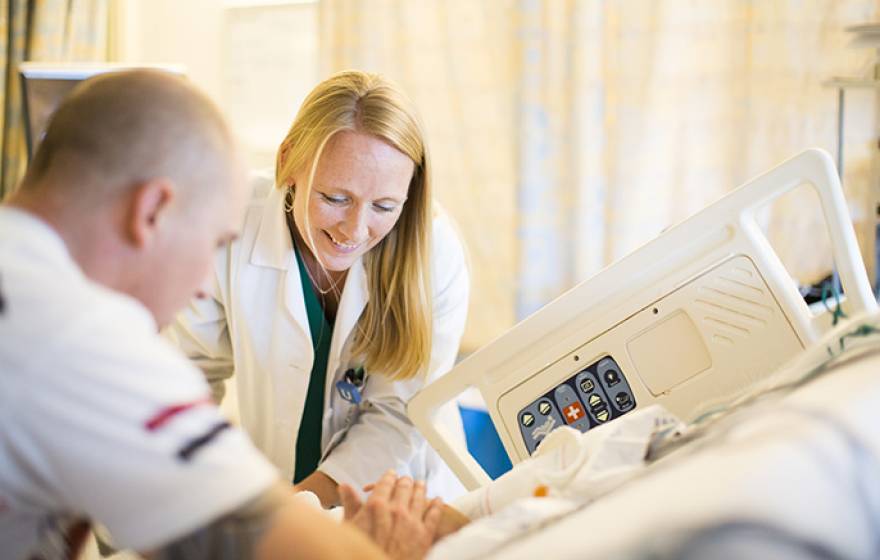UCLA and University of Illinois psychologists find a way to change minds.
KQED News |
UCSF doctors, students confront their own unconscious bias
Class is one of only about a dozen of its kind at medical schools in the country.
UC San Francisco |
California Initiative to Advance Precision Medicine announces funding for 2 projects
Use of big data to identify cancer treatments and a DNA sequencing test to diagnose hospital infections are the first projects of UCSF, UC Health initiative.
Berkeley Wellness Center |
Are mobile devices ruining our eyes?
A UC Berkeley optometrist warns about the effects of laptop computers, tablets, cell phones on our vision.
UCLA |
Non-surgical approach helps people with paralysis move their legs
UCLA study's results are believed to be the first time voluntary leg movements have ever been relearned without surgery.
UC Davis |
Autism's costs estimated to be $500 billion, potentially $1 trillion, by 2025
UC Davis health economists have for the first time projected costs of caring for all people with the disorder.
UCLA |
Study may show way to predict autism or psychosis in children with genetic disorder
UCLA-led research may help lead to earlier, more targeted intervention for people with DiGeorge syndrome.
UC Riverside |
Soybean oil may be more fattening than fructose or coconut oil
The main ingredient in vegetable oil is linked to weight gain, fatty liver, diabetes and insulin resistance.
UC Newsroom |
UC medical centers among nation's best
U.S. News includes all five centers in its annual rankings; UCLA and UCSF make the magazine's honor roll.
UC San Francisco |
Blood cell research turns personal
When Min Cho started researching protein translational mechanisms in blood cancers, it was just an abstract concept. His perspective changed when he was diagnosed with a rare blood disease.
UC Newsroom |
Regents to discuss UC Health governance
Trustees to consider recommendation for a UC Health oversight board.
UC Newsroom |
UC Health initiative cuts costs, improves quality
Program saved $70 million in first year, aims to save at least $150 million a year in coming years.
